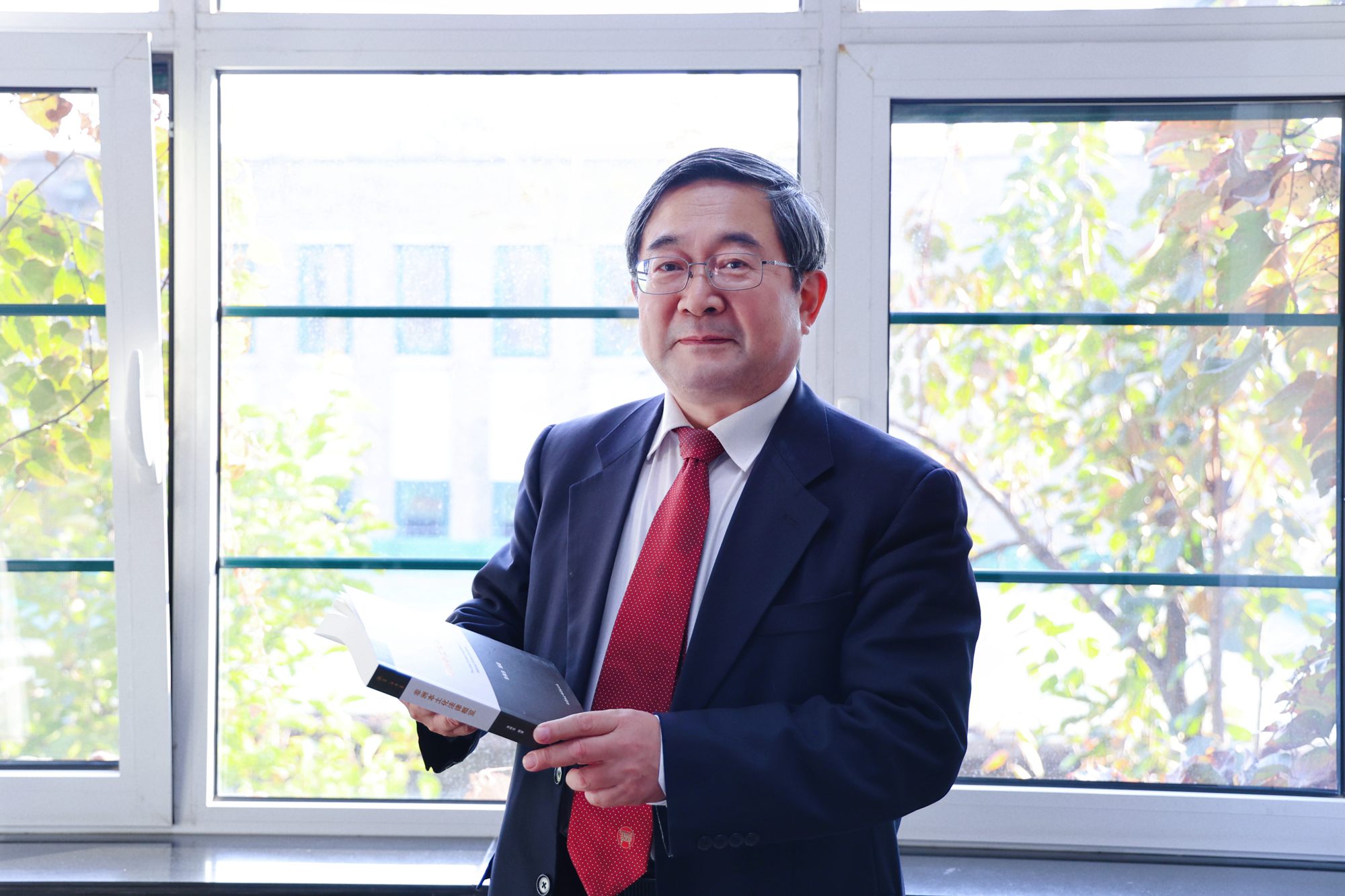
Abstract: The procuratorial power belongs to a constitutional power granted to state procuratorial organs by the current Constitution. The "four powers" of the National People's Congress, including the legislative power, the decision-making power on major issues, the power to appoint and dismiss personnel, and the supervision power, are the constitutional and legal powers granted to organs of state power by the Constitution and laws. Both the procuratorial power and the "four powers" of the National People's Congress belong to constitutional powers with comprehensive institutional functions granted by the Constitution. Therefore, the discussion in jurisprudence of the power relationship between the procuratorial power and the "four powers" of the National People's Congress is in essence the discussion of the constitutional relationship between state procuratorial organs and organs of state power. Only by truly solving the constitutional relationship between state procuratorial organs and organs of state power in jurisprudence can a scientific power allocation relationship be established between the procuratorial power and the "four powers" of the National People's Congress.
Author: Mo Jihong, director and research fellow, CASS Institute of Law;
Source: 11 (2024) People's Procuratorial Semimonthly.



